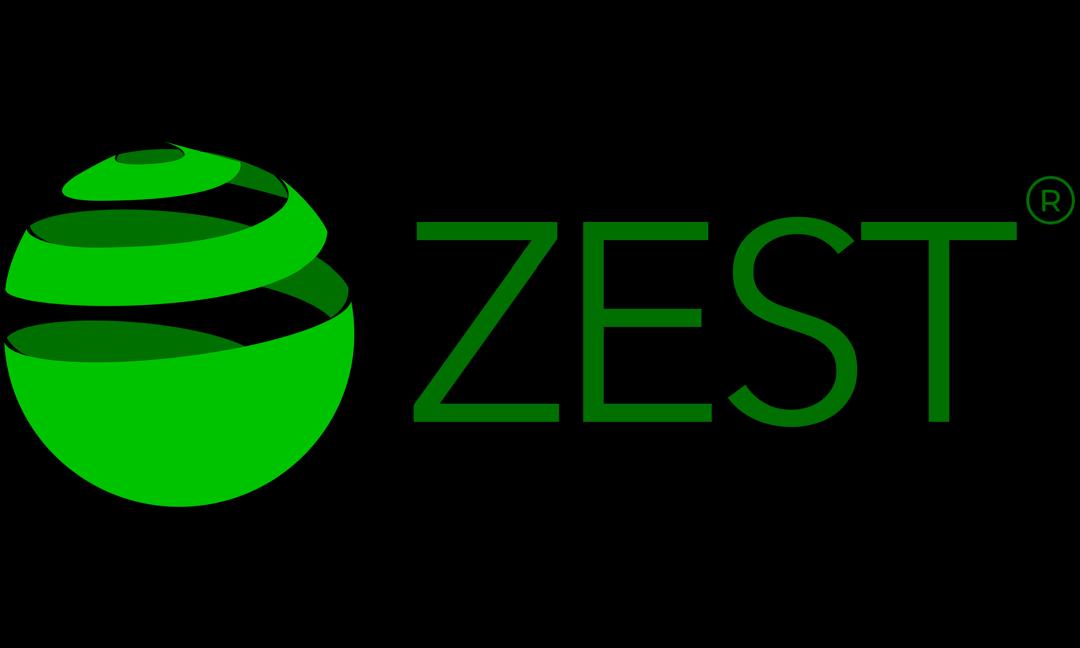Seville compromise or a Johannesburg mandate: Financing Africa forward
The Fourth International Conference on Financing for Development (FfD4) in Seville is over. The US withdrew from the talks. The Sevilla Commitment and Platform for Action was adopted. It is meant to prescribe the way towards bridging two colossal financing gaps: $4 trillion annually for SDGs across the globe, and $402.2 billion annually for structural reforms in Africa.
Key commitments included a call for a minimum tax revenue of 15% of a country’s gross domestic product, a tripling of multilateral development bank (MDB) lending, and expanded private financing through innovation in financing models and incentives for infrastructure investment. The agreement also “encouraged support” for a United Nations Tax Convention.
But the Platform for Action itself covers an impossibly wide spectrum of issues—from domestic resource mobilisation and international trade to debt, private sector engagement, corruption and illicit financial flows, and, crucially, the reform of the international financial architecture. The 130 “high impact” initiatives remain somewhat vague, with lack of clarity on operationalisation. Meanwhile, 3.3 billion people globally live in countries where more interest is paid on debt than is spent on health or education. Developing countries are set to pay an astonishing $947 billion to service debts this year, a 11.8% increase from last year.
FfD4 showed that development finance is not a concern solely for developing countries; it is a universal crisis. For this truth to force a paradigm shift towards equitable partnerships, it must sink beyond the donor-recipient divide. This increases the pressure on the G20, particularly with South Africa at its helm, to forge a more powerful global coalition in the aftermath of FfD4.
The November 2025 G20 Summit in Johannesburg is a momentous, unprecedented occasion: the first G20 summit to be held on the African continent. This event is a powerful, undeniable symbol of African agency and leadership. Its explicit mandate to place emerging markets and developing economies at the top of the agenda provides a unique opportunity to translate the lessons from Seville into concrete, transformative action.
Johannesburg presents a critical platform for African (and global!) leaders to champion specific, actionable reforms:
These priorities set the stage for an uncompromising agenda that can reshape Africa’s financial landscape. The November G20 Summit, in the aftermath of Seville, is a strong platform for African leaders to push specific, actionable reforms. This cannot be just another summit. It is a non-negotiable opportunity to directly tackle the high cost of capital for African borrowers, and find a way to finance Africa forward.







_1751880097.jpeg)



